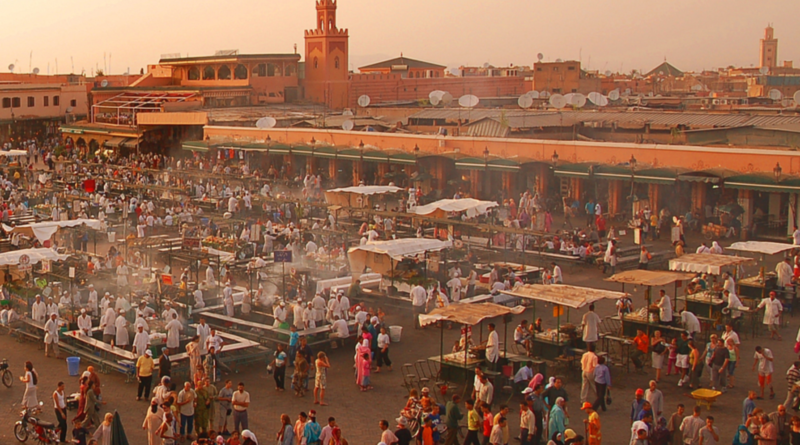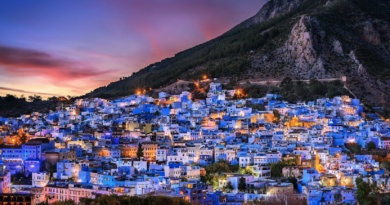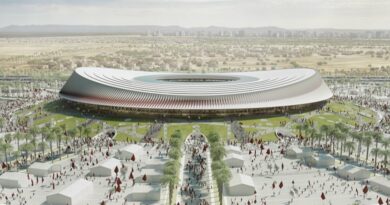The best cities to live in the Maghreb
Being the closest to Europe, North Africa is an easy option for many people to experience a different culture. Each of the countries on the north African map has its own culture and landscape, yet they have large differences.
Each location and city offers something different in terms of lifestyle. And with anything in life, there are both pros and cons to consider when choosing the best location.
Some of the factors that people consider when deciding where to live anywhere is safety, cost of living, access to healthcare, education, the landscape, facilities, amenities. Based on a combination of these factors, here are the 5 best cities to live in north Africa. The results are based on Mercer Quality of Living Ranking 2021
5. Marrakech – Morocco
Marrakesh is one of the most popular tourist destination in Africa and the Maghreb. A mesmerizing place that travelers either fall in love with or hate it immediately.
As a former imperial city in western Morocco, it is filled with beautiful palaces and gardens. The medina is a densely packed, walled medieval city dating to the Amazigh Empire during Almoravids era, with alleys where thriving souks. A symbol of the city, and visible for miles, is the Moorish minaret of 12th-century Koutoubia Mosque. A focal point of the city is the Jamaa El Fna square which is classfied as world heritage site since 1922.
Recently the city has gained a large tourism market share because of heavy marketing to European travelers by the Moroccan tourism board. Yet, many people make Marrakesh their home year around.
4. Algiers – Algeria
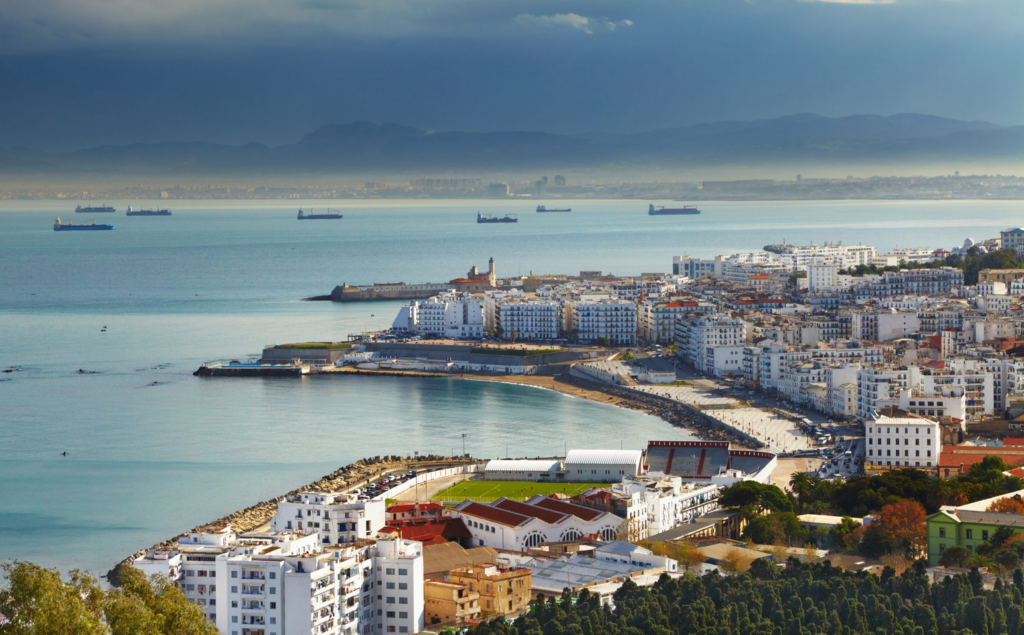
Called the Paris of North Africa, the French influence is clear in both the architecture and the culture in Algiers. This European influence blends perfectly with the Amazigh/Arab culture of the city. Algiers has a booming economy, and this has attracted many ex-pats. There are multiple attractions to enjoy in this city, which is set in a stunning location with sandy beaches and diverse landscapes surrounding the urban area.
Algiers faces North and East and forms a big amphitheater of spectacular white buildings that dominate the harbor and the bay.
Algiers has a Mediterranean climate and does not see the extreme temperatures that are experienced in the adjacent interior.
As a commercial and financial center, it provides a lot of job opportunities to the country and contribute to the country’s stock exchange. Algiers has the highest cost of living of any city in North Africa. Its Cost of living rank 396th out of 451 cities in the world. Algiers has a cost of living index of 32.36.
Rabat was ranked in the 185th position worldwide out of 231 cities, and 3rd of Maghreb cities in the ranking.
3. Casablanca – Morocco
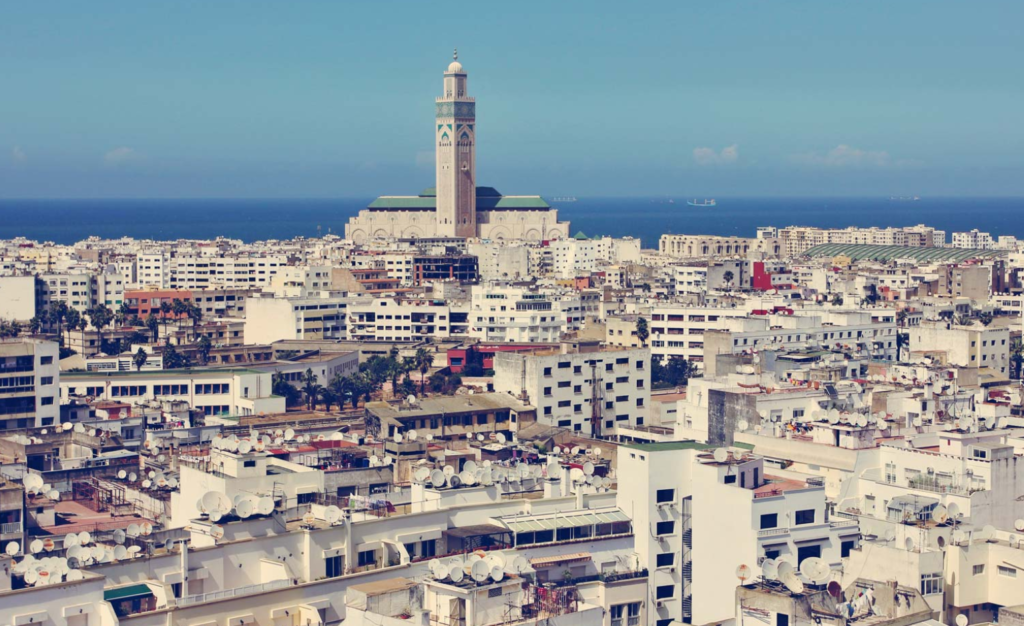
Casablanca is biggest city and the economic capital of Morocco and largest city in the Maghreb region. It is also a leading financial center in Africa, according to the Global Financial Centres Index.
The city offers many private schools in French and Few English institutions. Namely, the Goethe-Institut, the Municipal College of Fine Arts, the Municipal Library, a prehistory society, an institute of fishing, and a horticultural society.
Casablanca is the principal center for recreation in Morocco, so there are lots of things to see and do in your free time. The culinary scene in Casablanca is excellent, so it is a fantastic place to live if you plan to eat out often. From fresh seafood and French cooking to traditional Moroccan cuisine, Casablanca’s restaurant scene is developing a bit of a reputation as a destination for foodies.
The city’s French colonial legacy is seen in its downtown Mauresque architecture, a blend of Moorish style and European art deco. The Hassan II Mosque, completed in 1993, is the second-largest in Africa and boasts the world’s tallest religious minaret, at 200 metres high.
Casablanca was ranked in the 124th position worldwide, and 3rd of Maghreb cities in the ranking.
2. Rabat– Morocco
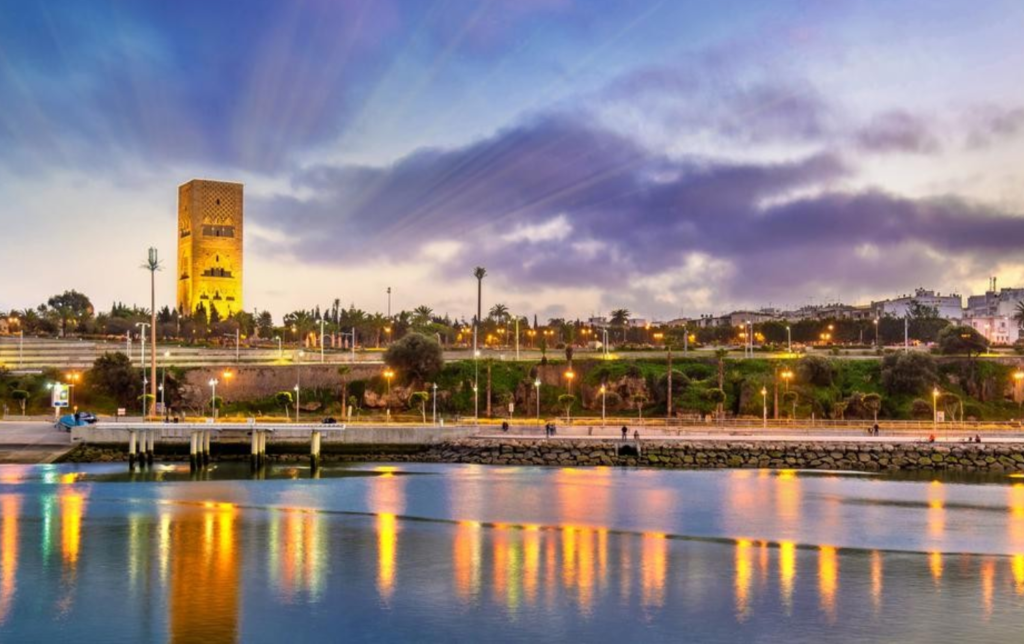
Rabat is one of Morocco’s four imperial cities, besides Meknes, Fes, and Marrakesh. Located along the Atlantic coast, at the mouth of the Wadi Bou Regreg, opposite the city of Salé. Rabat sports a strong French influence.
The Mediterranean climate is one reason that people choose to move to this city, as it is ideal for enjoying an outdoor lifestyle. With its warm to hot dry summers and mild damp winters, it is a great place for year around recreational activities for residents of this city to enjoy.
It’s known for landmarks that speak to its Islamic and French-colonial heritage, including the Kasbah of the Udayas. This Amazigh-era royal fort is surrounded by formal French-designed gardens and overlooks the ocean. The city’s iconic Hassan Tower, a 12th-century minaret, soars above the ruins of a mosque.
Rabat is ranked 2nd from the Maghreb city in the ranking, and 117 worldwide.
1. Tunis – Tunisia
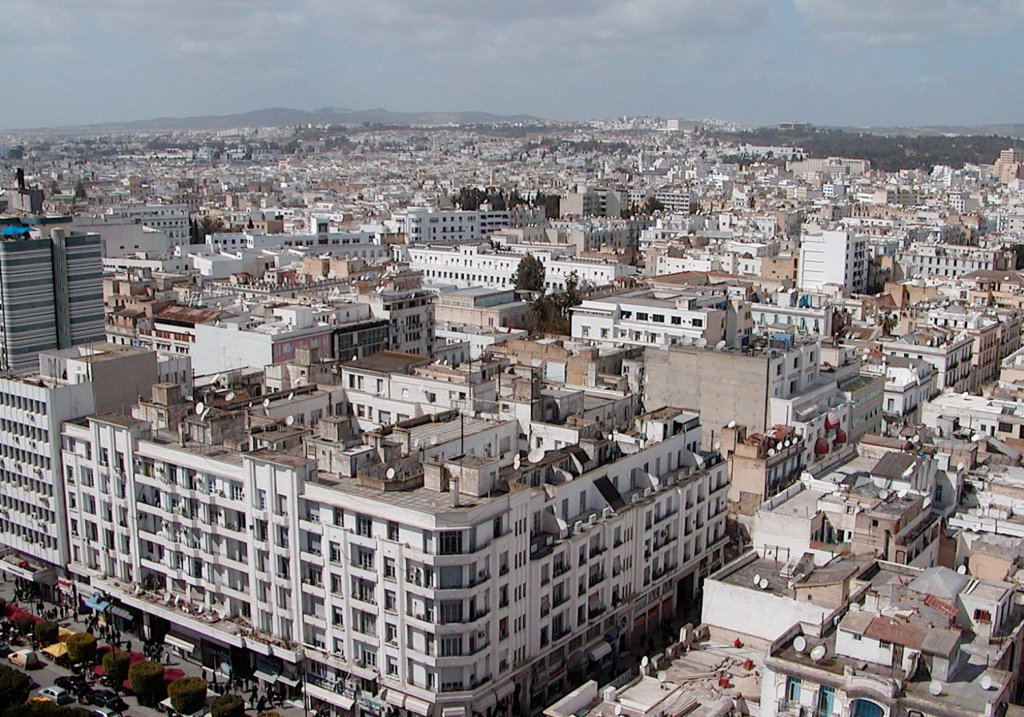
Tunis is the capital and largest city of Tunisia, built on a hill slope down to the lake of Tunis, overlooking the Mediterranean sea. The greater metropolitan area of Tunis is referred to as Grand Tunis. At its core lies its ancient medina, a World Heritage Site.
Popular as both a tourist destination and as a place for ex-pats to live, Tunis has many interesting features that make it a desirable city. First, it has been listed as the second happiest place to live anywhere in Africa.
Tunis is also historically and culturally interesting, and it was the first Muslim city to become listed as a UNESCO World Heritage Site. Tunis is a city that is growing economically, as its GDP is rising, and the manufacturing sector is expanding. Tunis is the centre of the country’s commercial and cultural activities. Agriculture remains a major source of income with the principal crop being olives. Manufacturing includes textiles, clothing, carpets, and cement and metal building structures.
Tunis has a hot-summer Mediterranean climate, characterized by a hot and dry season and mild winters with moderate rainfall. The local climate is also affected somewhat by the latitude of the city, the moderating influence of the Mediterranean sea and the terrain of the hills.
Tunis was ranked as the top city from the Maghreb in the ranking, and in came at 114th spot worldwide.
